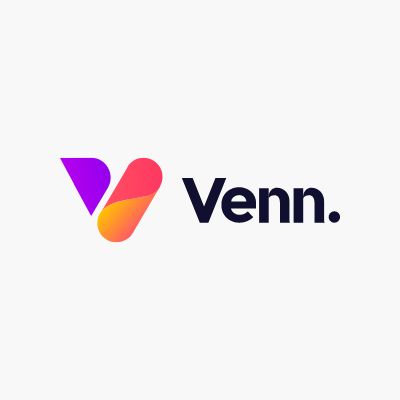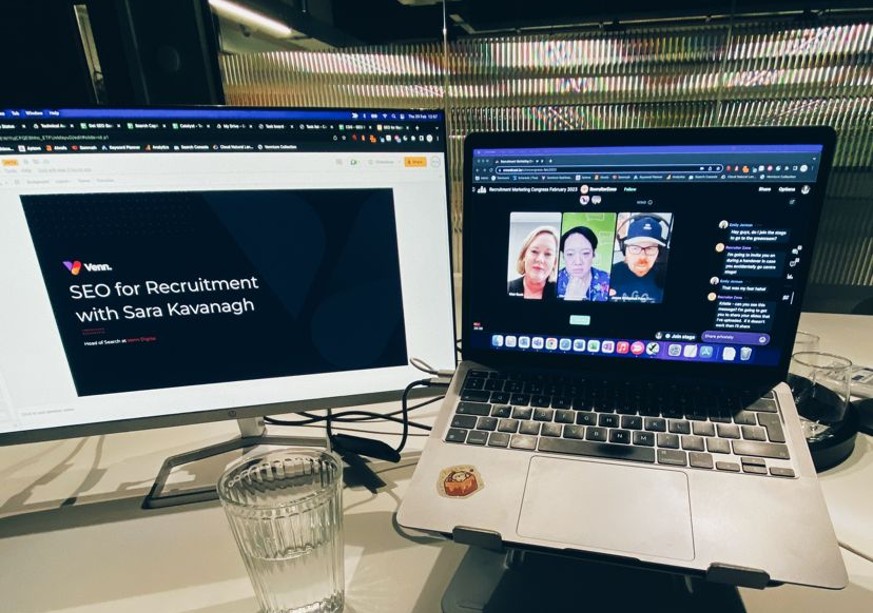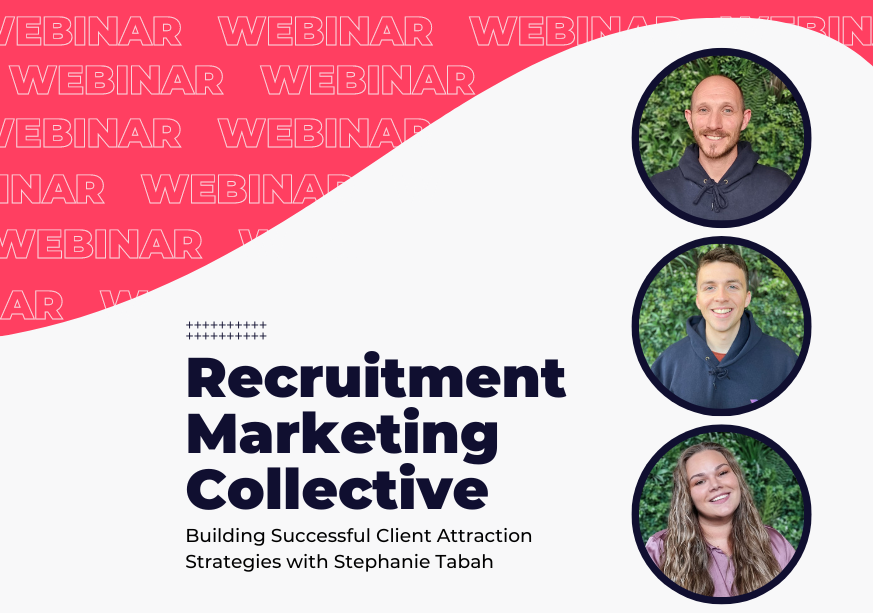Explore our NEW Knowledge Base and Help Desk to find everything you need to attract, engage and convert talent with your Vennture website.
Discover MoreFacebook for Recruitment Agencies
01 Dec, 20112 minutes
Facebook pages for recruitment agencies – If you Google this topic, you will find a mixture of blogs and advice ranging from “Recruiting on Facebook’s really hard, but stick at it” to “Facebook’s great! Your whole market is there so stop wasting time and set up a page!!!”.
In my daily readings around social media I’ve seen experts attempt to use flashy product pages by major brands as inspiration for recruiting on Facebook, and case studies involving only school leavers whose success has been extrapolated to “prove” that Facebook definitely always really really works for recruitment.
In other words, you get quite a lot of unhelpful fluff and rubbish.
Why Facebook for Recruitment Isn’t Working:
The big issue that most people seem to ignore is privacy and user behaviour on Facebook. It’s very very different from Twitter or Linkedin. Think about it - most people are friends with someone related to work and actions can be easily tracked, so suddenly “liking” a recruitment page on Facebook will raise eyebrows.
On Twitter it’s easy to follow job related feeds without your employers realising and on Linkedin it’s more acceptable to join lots of groups.
Why do Linkedin groups for jobs and recruitment get so many more members?
1. Perception. Linkedin is for professional networking, and most people have an attitude of “get out there and use all the available networks”.
2. Usefulness. Groups for recruitment in general don’t just have a stream of “I’m hiring” discussions, they open the conversation up to discussions around industry information and employment issues.
Facebook is not a professional platform and it’s not about “networking”. It’s about “community”. You won’t win with a Facebook page for “Boring Recruitment” or “Jobs in Pencil Pushing” with a stream of vacancy updates and occasional blog article.
People can get this content elsewhere and it doesn’t fit in with how they use Facebook.
Ok ok, I’m telling you a lot of negative stuff here and you’re probably thinking “what can I do!”
For a small recruiter the truth is, you probably can’t do a lot. Unless user behaviour on Facebook in the UK changes so that engaging with any company you’ve ever heard of becomes normal, you could be wasting energy and resources better directed at other channels.
There are some sectors that work better than others – graduate/apprentice level is easier to engage with, but remember to give them targeted, interesting content. The contract market is also more open on Facebook as there’s no risk in publicly job hunting.
For other demographics, if you have suitable resources you could do something creative. For behaviour to change like I mentioned above, brave people need to experiment.
Try and build a community on Facebook of like-minded people who fall into your typical candidate pool. Build a page around a skill, with a focus on knowledge sharing, community and debate as opposed to recruitment.
Remember that to make your page spread and grow organically you’ll need to offer more than just text posts and also make it fun - videos, events, competitions (although you’ll need an extra application for this as you can’t do it directly though Facebook) problem solving etc all help to create a bit of buzz around your page.
Play down the recruitment element – a few articles or posts about recruitment issues, followed by occasional job posts. These will need to fit in seamlessly with the rest of the feel of the page to be part of the conversation, and should encourage sharing and referrals– eg: “do you know anyone who would be interested in…?”. Monitor relationships and if you some fans post really great updates and display expertise, contact them privately away from the page. Don’t do a hard sell, but make them aware of opportunities you could have for them.
This probably sounds like quite a lot of effort for not much return – and it may well be, at least at first. If you get it right in the early stages your fanbase will start to grow organically as people post their own content to your page and you can reduce your input to occasional posts and monitoring of content.
For a large recruiter, being an industry leader is hugely important, and if an agency gets Facebook recruitment right and builds a strong interactive community it could really be a game changer.



